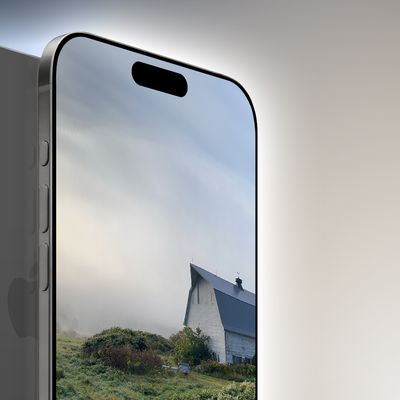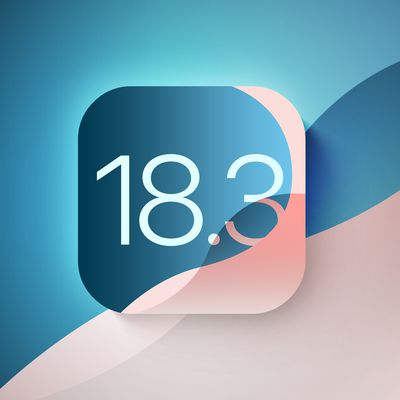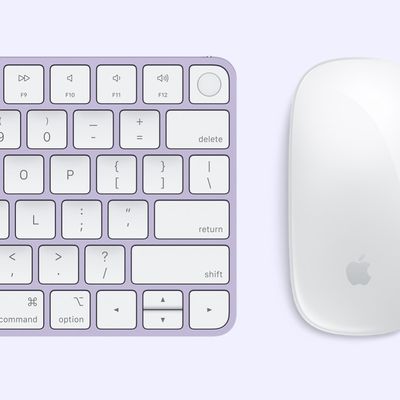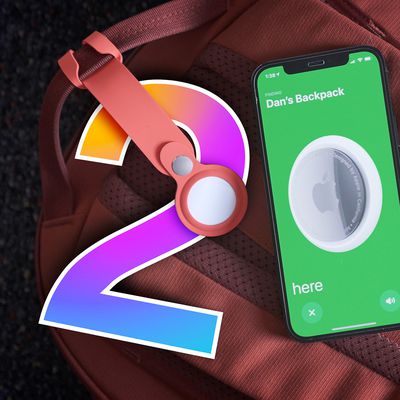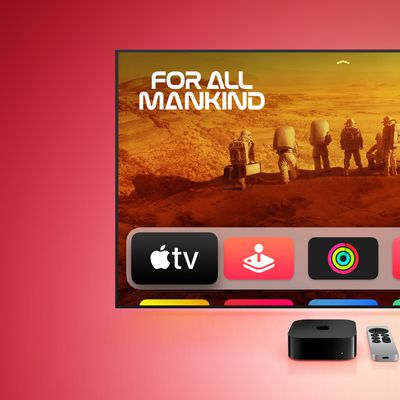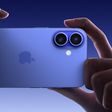Apple Reportedly Looking to Offer More Flexible iBookstore Pricing Than Previously Thought
The New York Times reports that recent shifts in the eBook publishing industry, spurred by Apple's entrance into the market, to allow for higher prices and greater publisher control over their content may offer more flexibility in pricing than previously thought. The "agency model" being promoted by Apple and pushed by many book publishers has been looking to break Amazon's stranglehold on the eBook market with its $9.99 pricing for best-sellers by allowing publishers to set retail prices on such releases, rumored to be targeted to sell at $12.99 to $14.99.
But according to at least three people with knowledge of the discussions, who spoke anonymously because of the confidentiality of the talks, Apple inserted provisions requiring publishers to discount e-book prices on best sellers -- so that $12.99-to-$14.99 range was merely a ceiling; prices for some titles could be lower, even as low as Amazon's $9.99. Essentially, Apple wants the flexibility to offer lower prices for the hottest books, those on one of the New York Times best-seller lists, which are heavily discounted in bookstores and on rival retail sites. So, for example, a book that started at $14.99 would drop to $12.99 or less once it hit the best-seller lists.
Moreover, for books where publishers offer comparable hardcover editions at a price below the typical $26, Apple wanted e-book prices to reflect the cheaper hardcover prices. These books might be priced much lower than $12.99, even if they did not hit the best-seller list.
The switch to an agency model is seen by publishers as a means to create a more sustainable eBook industry as a whole, countering Amazon's strategy of selling eBooks at a loss in order to build market share and spur sales of its Kindle devices. Earlier this week, The Wall Street Journal reported on research from Credit Suisse analyst Spencer Wang, who expects that Amazon's share of the eBook market will fall from its current 90% to only 35% by 2015 as Apple and others enter the industry.
Popular Stories
Apple is planning a series of "major design" and "format changes" for iPhones over the next few years, according to The Wall Street Journal's Aaron Tilley and Yang Jie.
The paywalled report published today corroborated the widely-rumored "iPhone 17 Air" with an "ultrathin" design that is thinner than current iPhone models. The report did not mention a specific measurement, but previous...
Apple today seeded the first betas of upcoming iOS 18.3 and iPadOS 18.3 updates to developers for testing purposes, with the software coming a week after Apple released iOS 18.2 and iPadOS 18.2.
iOS 18.3 and iPadOS 18.3 can be downloaded from the Settings app on a compatible device by going to General > Software update.
There's no word yet on what's included in iOS 18.3 and iPadOS 18.3, ...
The current Apple TV 4K was released more than two years ago, so the streaming device is becoming due for a hardware upgrade soon. Fortunately, it was recently rumored that a new Apple TV will launch at some point next year.
Below, we recap rumors about the next-generation Apple TV.
Bloomberg's Mark Gurman last week reported that Apple has been working on its own combined Wi-Fi and...
Apple is working on a redesigned Magic Mouse that will address some "longstanding complaints," according to Bloomberg's Mark Gurman.
In his Power On newsletter today, Gurman said Apple in recent months has been working on a "full overhaul" of the Magic Mouse with a design that "better fits the modern era." However, he does not expect the new Magic Mouse to be released in the "next 12 to 18...
Apple plans to release a second-generation AirTag next year with "considerably" longer range for item tracking, according to Bloomberg's Mark Gurman.
In his Power On newsletter today, Gurman said the new AirTag will use Apple's second-generation Ultra Wideband chip, or equivalent technology. The chip debuted last year in the iPhone 15 and the Apple Watch Ultra 2, and Apple said it offers up...
Apple on Monday seeded the first tvOS 18.3 beta to developers for testing. The update will likely be released in January. So far, there are only minor changes for the Apple TV, with one new feature and a few code changes discovered.
Below, we outline what is new in tvOS 18.3 so far.
Robot Vacuum Support in Home App
First, tvOS 18.3 will add robot vacuum support to the Home app on the...


